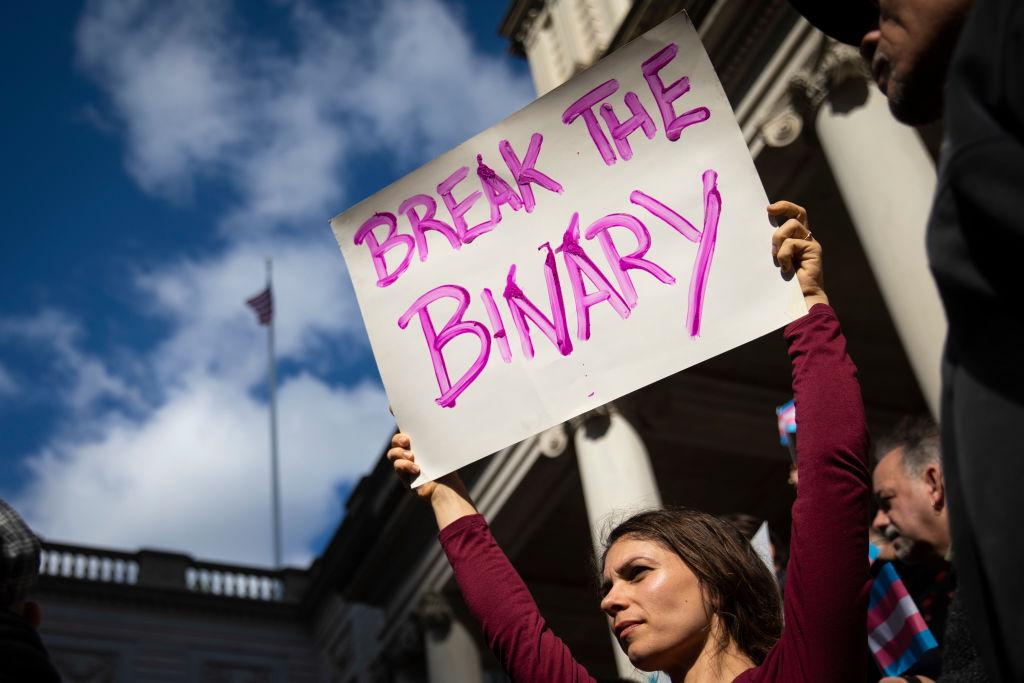Medical practitioners have admitted to feeling intimidated into affirming young patients as gender dysmorphic even if they are doubtful, due to pressure from the gender transition industry, which could lead to unintended consequences says an Australian consultant psychologist and psychotherapist.
The comment was made after independent think tank Women’s Forum Australia on May 20 reported a growing number of people speaking publicly about their experiences of gender detransitioning.




